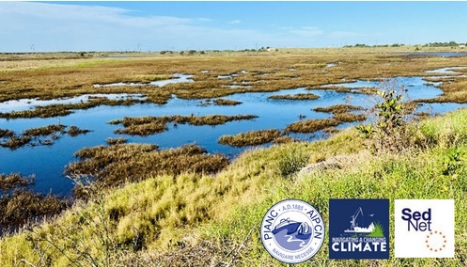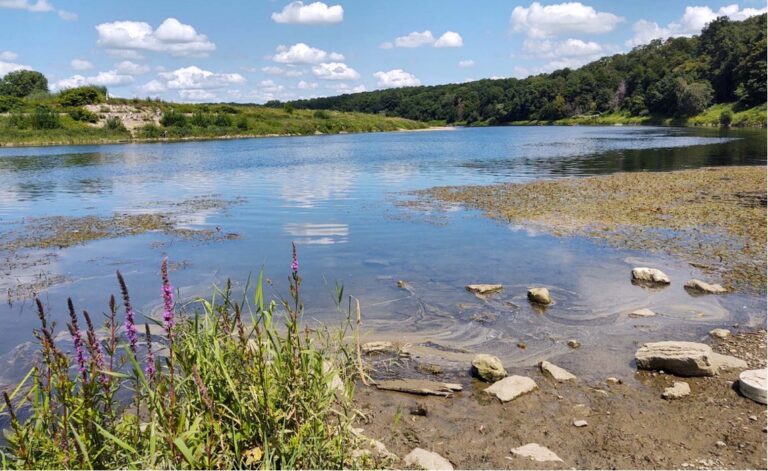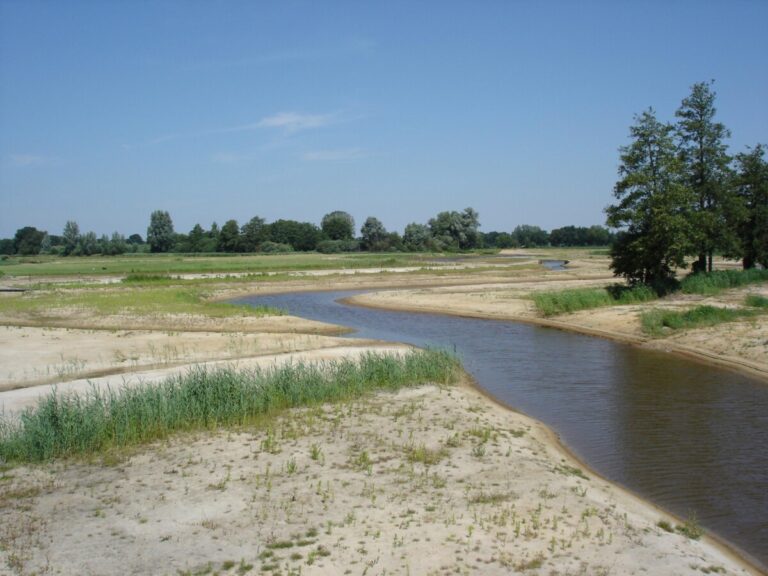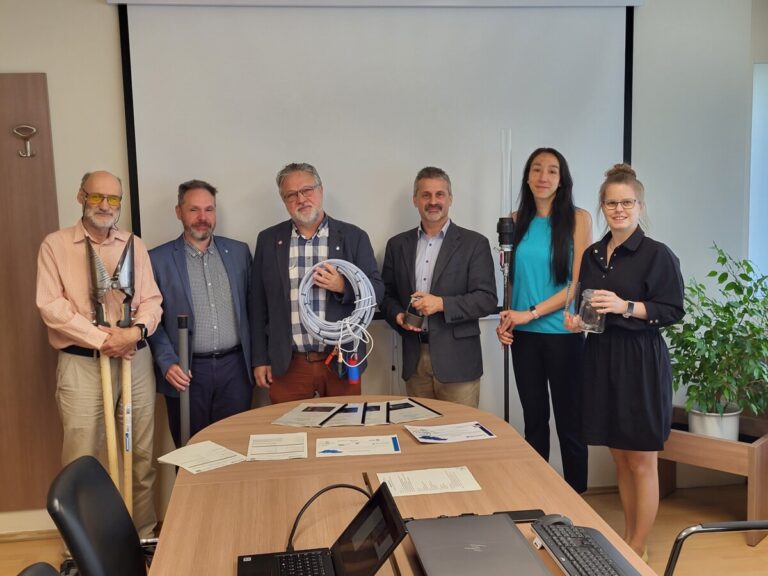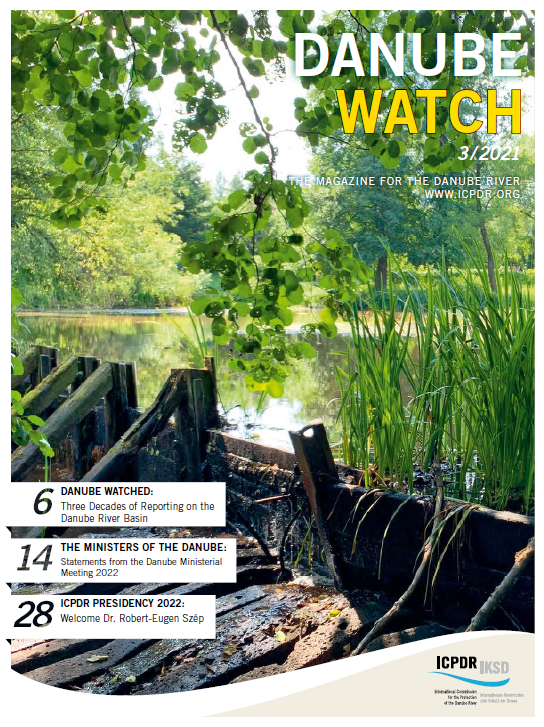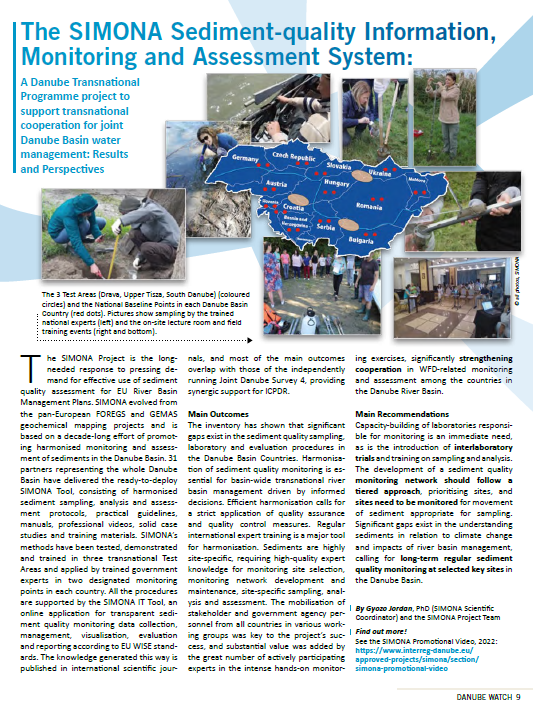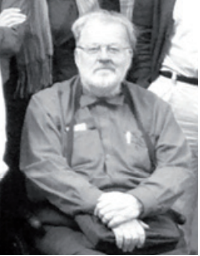The deadline for the submission of abstracts is extended until the 6th of March 2023
From the 6th until the 8th of September 2023 the SedNet conference will take place in Lisbon, Portugal.
At the conference we invite abstracts for a series of sessions aiming to explore different challenges and proposed solutions related to this theme. Among other topics, we explicitly welcome case studies from practice that preferably engaged stakeholders and that included how policies and plans were developed for the range of interlinked issues experienced along the continuous journey of sediment from upland to the depositions sites. This includes how to quantify and manage sediment movement, how to assess sediment quality, sediment health and ecosystem service provision, how excess sediment can be re-used, etc.
Special attention will also be given to challenges posed by anthropogenic influences, resource exploitation and climate change, and how we can truly apply an integrated management approach that enables the sediment continuum.
The proposed thematic sessions are:
1. Sediment quality guidance and sediment quality assessment
2. Circular economy – sediment as a resource
3. Sediment in coastal and marine management
4. Climate change and sediment pledge (joint session with PIANC navigating a changing climate)
5. Sediment management concepts and sediment policy
6. Climate change and sediments: direct and indirect consequences and opportunities
7. Sediments health: what is it and how to achieve it?
8. Zero pollution in the soil-sediment-water nexus
9. Sediment literacy
Please find below the document for the first announcement of the conference and the Final Call for Abstracts. Here you will also find the template for submission of abstracts.
For questions please contact the SedNet Secretariat.

